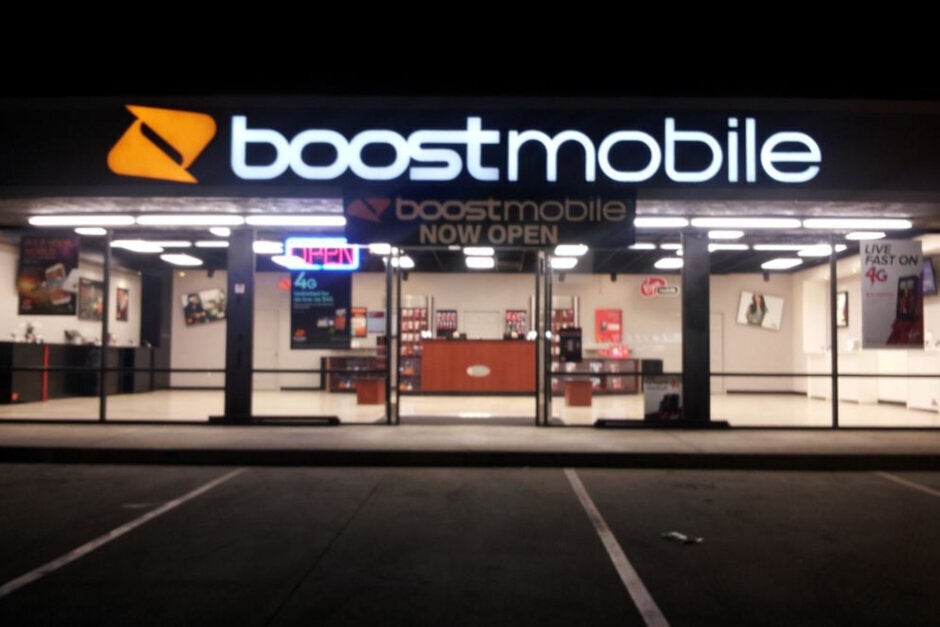Legere testifies that he wanted to "un-carrier" Dish Network back in 2015

A courtroom in Manhattan hosts a different type of drama than the kind New Yorkers love to view on a Broadway stage. The non-jury trial being heard in the courtroom will determine whether T-Mobile gets to complete its $26.5 billion merger with Sprint. 13 state attorneys general and the AG of Washington D.C. are trying to block the merger, calling it anti-competitive.
If you're the type that looks at the Racing Form and analyzes past performance to make their wagers, you would not bet on T-Mobile closing on the merger because of its track record. In 2011, AT&T offered $39 billion to buy T-Mobile (pre-Legere T-Mobile, we should note) in an attempt to create the largest wireless carrier in the states. The Justice Department (DOJ) put the kibosh on the deal, calling it anti-competitive. The breakup terms of the merger agreement called for T-Mobile to receive $3 billion, some AWS markets and a roaming deal from AT&T; some believe that this consolation package marks the beginning of T-Mobile's ascent. A year later, John Legere was named CEO and for the carrier, it was off to the races (see what we did there?) as it became the most innovative and fastest-growing of the four major stateside wireless providers.
T-Mobile and Sprint discussed a merger in 2014. But back then, Sprint was going to be the surviving company and the deal wasn't being made to obtain mid-band spectrum like the current deal. To get the lay of the land, T-Mobile and Sprint approached the FCC and the DOJ to see whether it was worth the effort, time and money. But both regulatory agencies said that they would not approve such a merger and the deal never got off the ground.
T-Mobile considered merging with Dish Network back in 2015
According to CNET, John Legere testified yesterday during the trial. You know that the executive was taking this seriously because instead of his usual magenta T-shirt he was wearing a suit and tie. During his testimony, Legere explained how he transformed T-Mobile by going against the grain of the industry. He removed two-year contracts, subsidies, ended overages and brought unlimited plans back. The executive also revealed that completing the merger with Sprint will help improve its 5G network. With Sprint's spectrum, T-Mobile will "triple the total 5G capacity of standalone T-Mobile and Sprint combined," he stated. If the deal doesn't get done, Legere says that in some markets, T-Mobile will "exhaust capacity in the next two to four years."
Legere also noted that back in 2015 he recommended to his board that they pursue a merger with Dish Network. Ironically, back in 2013, Dish had made an unsuccessful $25.5 billion bid for Sprint. (We're pretty sure that Dish Chairman Charlie Ergen looks back at this and feels like he escaped a disaster). Legere said that he wanted the opportunity of applying the "un-carrier" business plan to Dish's satellite business. But both sides could not agree on a price. T-Mobile's CEO was asked whether he would approach Dish about doing a deal if the merger with Sprint isn't approved. He replied that he wasn't sure what he would do if the transaction is blocked.

T-Mobile has launched the first nationwide 5G network in the states
Interestingly, Dish is relevant to the current merger proposal. To replace Sprint if the merger is approved, Dish will spend $5 billion to buy all of the carrier's prepaid businesses including its Boost Mobile and Virgin Mobile units. This includes 9.3 million Boost Mobile subscribers, 7,500 retail locations and 14Hz of 800MHz spectrum. Dish will also sign a seven-year MVNO deal with T-Mobile so that it can start to sell wireless service under its own name while building a standalone 5G network. The deal Dish made with Sprint convinced the DOJ to approve the merger.

If the T-Mobile-Sprint merger is approved, Dish Network will take control of Boost Mobile and Virgin Mobile
Legere was scheduled to resume his testimony this morning.
Follow us on Google News












Things that are NOT allowed:
To help keep our community safe and free from spam, we apply temporary limits to newly created accounts: